With the UK’s CBD market doubling in two years and projected to be worth almost 800 million by 2025, it is an exciting time for the hemp industry. But CBD is still woefully misunderstood and badly regulated, stunting the economic, environmental and health benefits that the industry could reap. Cue activist and entrepreneur Jade Proudman is determined to change things.
Jade has had a remarkable 10 years, years that have seen her overcome several life-threatening illnesses to become the founder of leading CBD retailer Savage Cabbage, Global Ambassador of Charlotte’s Web and a leading figure in the British CBD industry, one of the UK’s fastest-growing sectors.
It was 2016 when Jade first contacted the Stanley brothers – the seven men behind CBD brand Charlotte’s Web. Charlotte Figi, a young girl with Davet syndrome, whose 300-per week seizures were reduced almost entirely with the help of CBD, had already captured the imagination of the American public. Charlotte and The Stanley Brothers’ story was a driving force behind the legalisation of medical cannabis in the US. They catapulted the benefits of CBD into America’s public consciousness for the first time and crucially, helped dispel the myths surrounding it: CBD is a non-psychoactive compound found in the hemp plant.
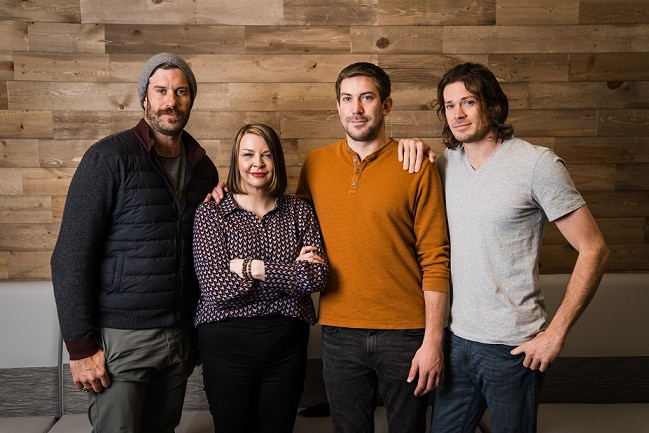
Jade Proudman, founder of Savage Cabbage with the Stanley Brothers, founders of Charlotte’s Web.
Like Charlotte’s, Jade’s story is the stuff of miracles. It was her husband that suggested she watch a documentary about CBD: the last attempt for Jade to regain her quality of life after an initial diagnosis of Chronic Fatigue Syndrome which precipitated a series of other life-threatening conditions resulted in a new condition, Reactive Arthritis, which left her bed-ridden, suffering unspeakable pain every day and as she confesses, “not wanting to be here anymore.” She watched the documentary and intrigued by it, she decided to tweet Joel Stanley. “I wasn’t expecting a response”, she recounts, “but he did reply and arranged for samples of Charlotte’s Web to be sent to me. Within 48 hours I felt like a human for the first time in two and a half years and had my first conversation with my children”.
Jade felt compelled to share her experience of CBD. Her 15 years in social work had left her with a strong instinct for care and community. The availability of medicinal cannabis might remain limited in the UK now (despite its legalisation in 2018, very few healthcare providers have the access to prescribe it), but before, it was almost impossible. This scarcity and a need for a reliable and regular supply of CBD, is what drove Jade to launch Savage Cabbage and to spread the word to others for whom CBD could be a lifeline. She began trading from her kitchen table and now distributes to customers in over 40 countries, many of whom, like Jade, rely on CBD to manage chronic illness.
Charlotte’s Web hemp extract contains over 100+ beneficial plant compounds, extracting every bit of goodness from the hemp plant.
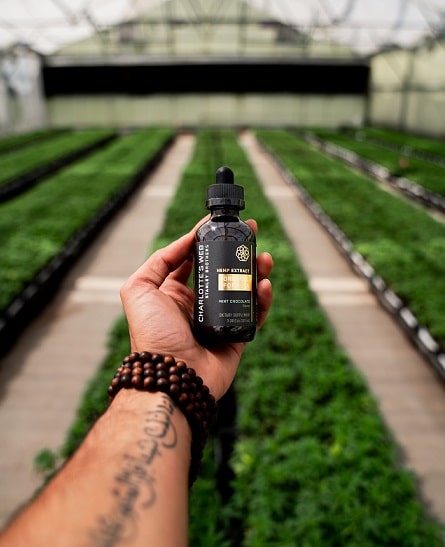
But for Jade and much of the community, CBD is more than just medicine: it represents a pivot in the way we think about plants and about our environment. When I asked Jade what her vision is for the future of CBD, she describes a world where we let Mother Nature provide for us in the way that it could if we only paid attention. She’s referring to the host of properties that the hemp plant boasts – air and soil cleaning abilities, a practical and durable textile, a nutrient-dense seed – which have been clouded by the negative connotations that the plant has with illegal drug use. In fact, only some strains of the hemp plant contain any of the psychoactive compound THC, and every CBD brand on the market is at pains to prove that their products are free from the stuff, lab reports and all.
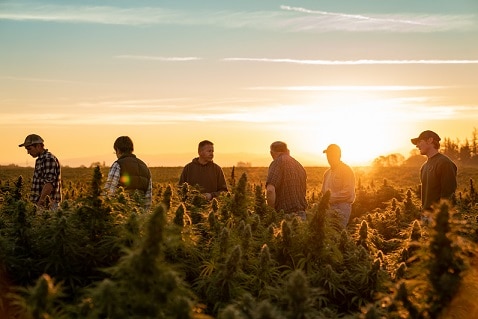
It’s not possible to cultivate all parts of the hemp plant legally in the UK, including those most commonly used to produce CBD oil.
“With time, I hope we will see a world where the hemp plant is recognised for its potential and regulated as such.” Jade shares. This recognition would mean that British farmers could cultivate a highly efficient and bountiful crop beneficial to both the environment and the economy. At the moment, it’s legal to grow hemp crops in Britain but not certain parts of the plant, often used to produce CBD oil, and therefore the most attractive financially. As a result, hemp cultivation is much less attractive to farmers. Furthermore, farmers need to get a licence issued by the Home Office, allowing them to grow a crop classified as a “controlled substance”.
These days hemp is used to create a wide variety of beneficial products, from protein powder and CBD oil to hemp oil, dairy-free milk, clothing, biofuel and much more … but only when the plant can be cultivated to its full potential. Proper recognition would also mean that high-quality CBD products would be more widely available to those who need them. Jade’s determination and drive are inspiring. I have the feeling this woman just got started.





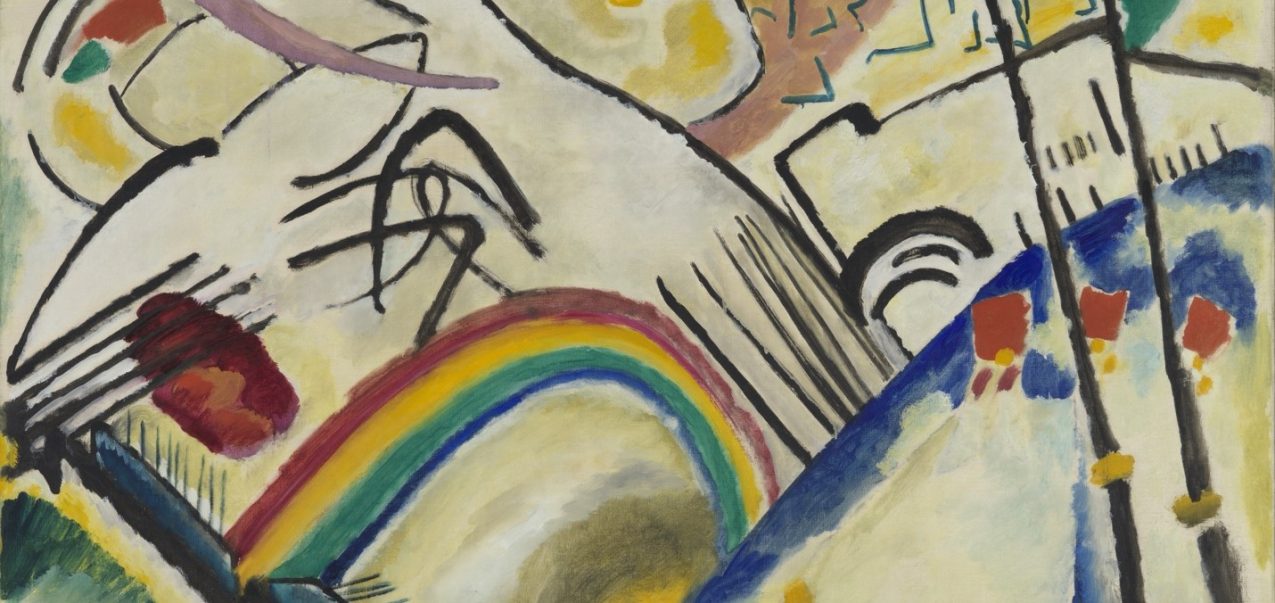
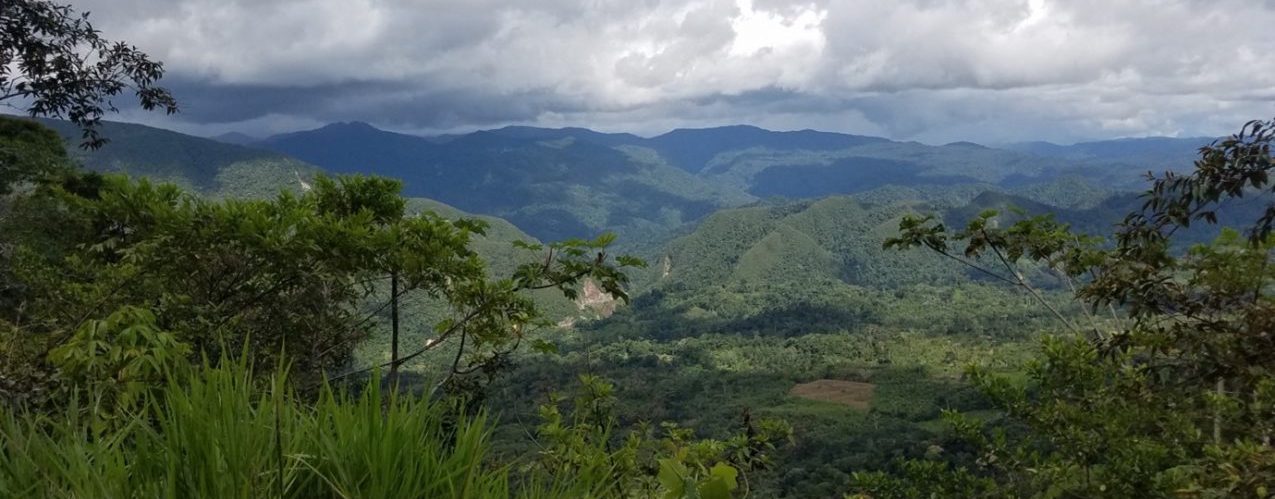


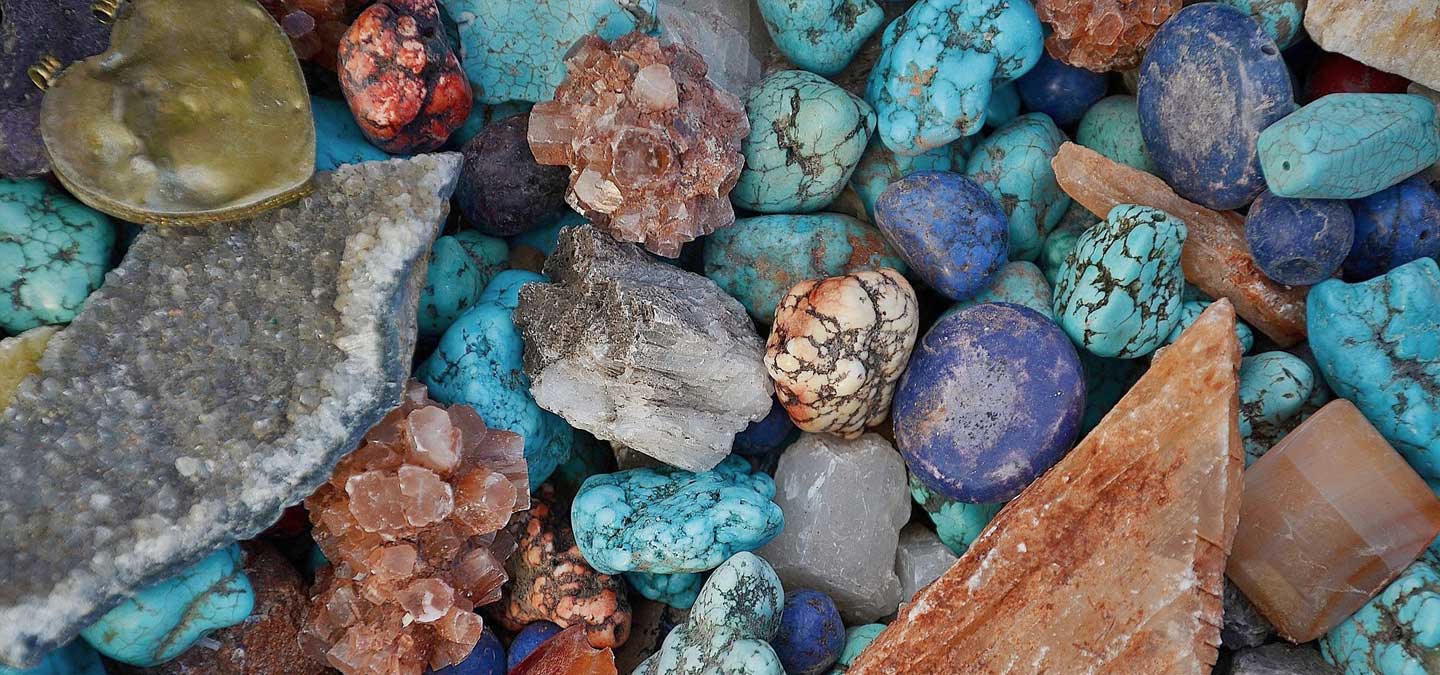

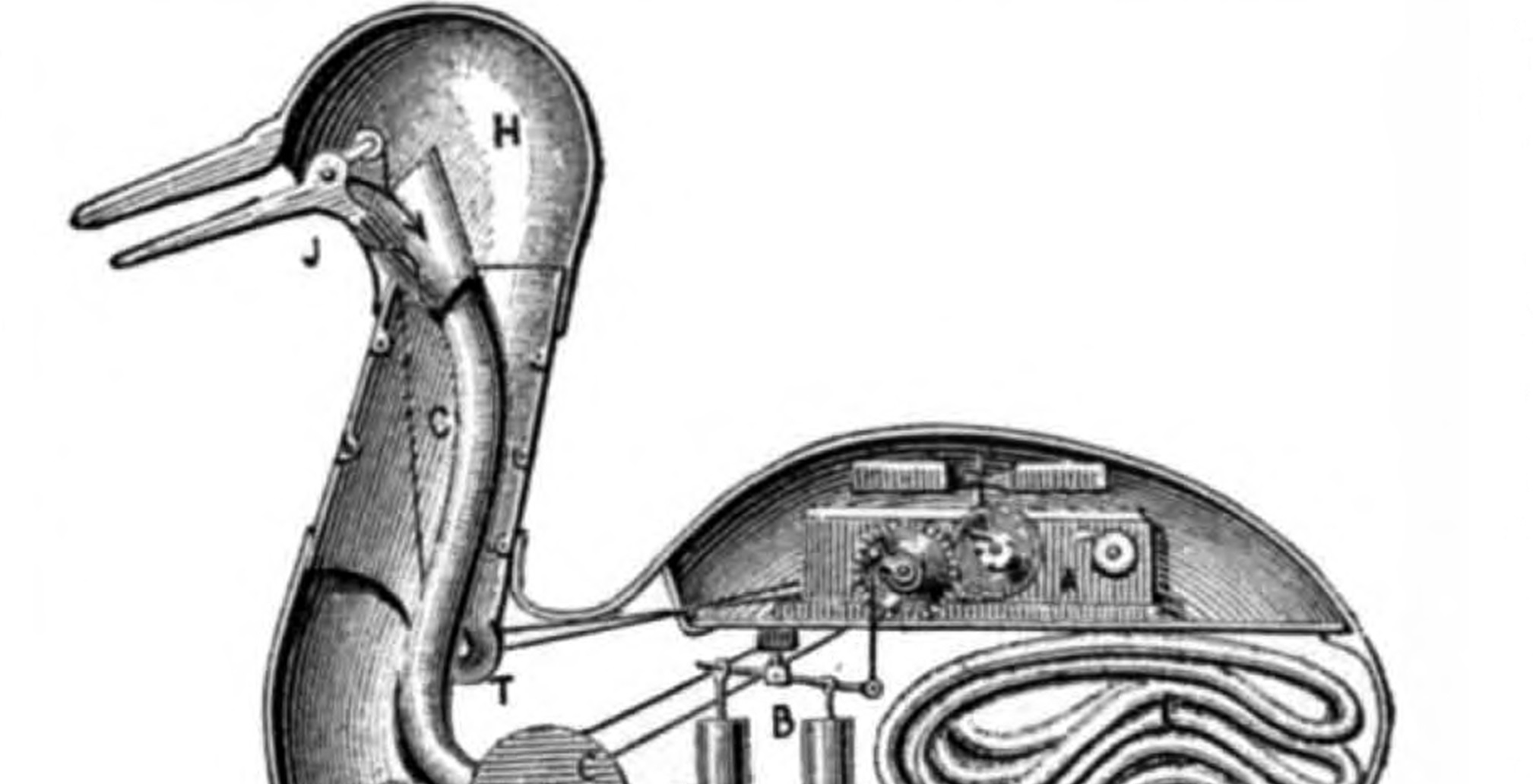


Show Comments +